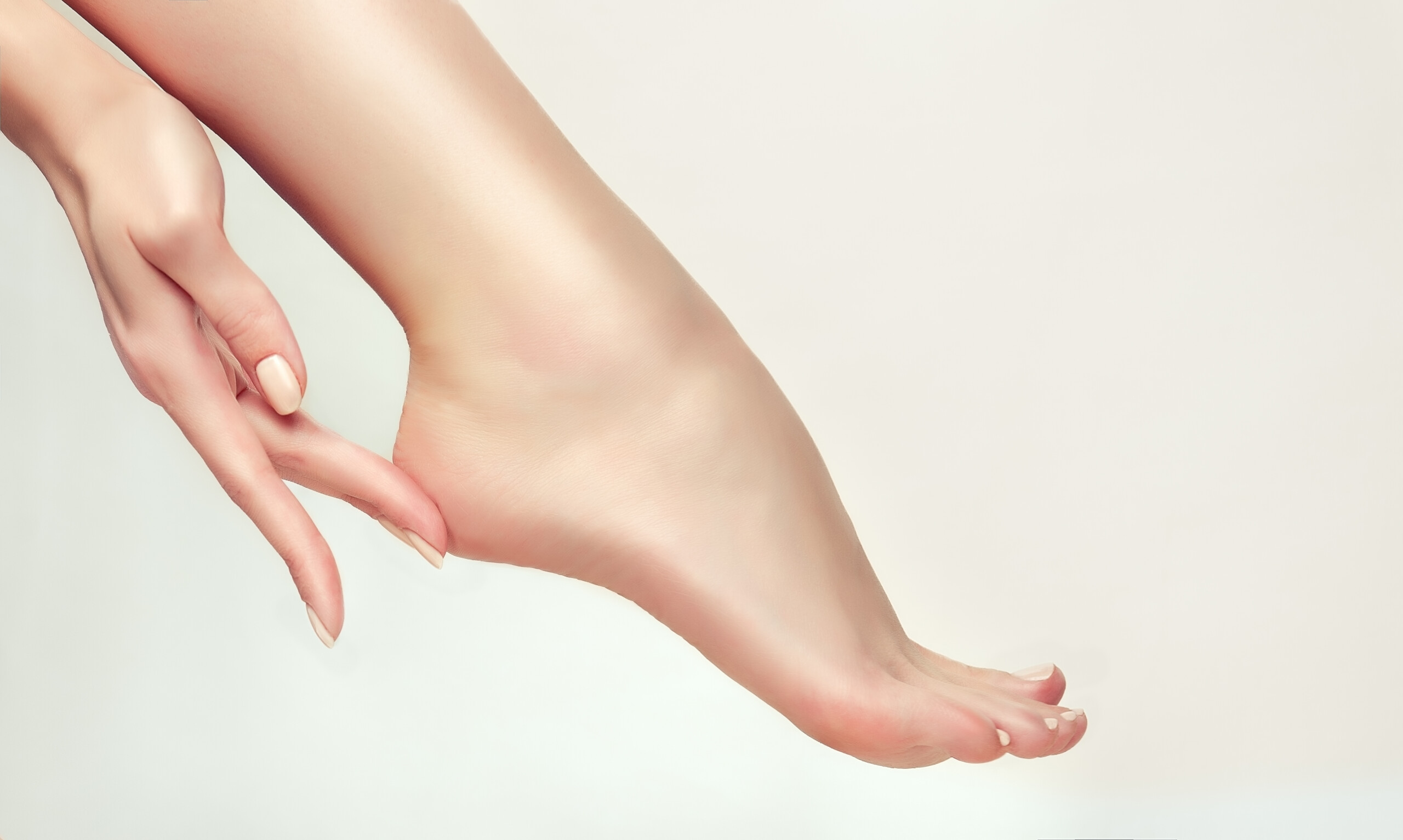Comprehending the Source of Excessive Sweating and Its Influence On Day-to-day Live
Excessive sweating, likewise recognized as hyperhidrosis, is a condition that affects a substantial portion of the population, yet its underlying causes and effects on daily operating continue to be somewhat enigmatic. While it is typically recognized as a physiological action to regulate body temperature, the triggers for too much sweating can differ commonly amongst people, encompassing not just physical aspects but likewise emotional and psychological elements. The influence of this problem expands past simple discomfort, typically affecting social communications and general quality of life. By diving right into the root creates of hyperhidrosis and exploring its diverse effects, a deeper understanding of this pervasive problem can be obtained, losing light on the intricacies that people facing extreme sweating browse on an everyday basis.
Physiology of Sweat Glands
The guideline of sweat production, a critical physical process, is primarily managed by the task of sweat glands distributed throughout the human body. Sweat glands are classified into two main kinds: eccrine and apocrine glands.
When the body temperature level rises, either due to exercise, high temperature levels, or psychological stress, the anxious system activates the gland to create sweat. This sweat is made up mainly of water and electrolytes like sodium and chloride. The process of sweat production is necessary for keeping the body's interior temperature level within a narrow, ideal range, highlighting the crucial function gland play in human physiology.
Triggers for Excessive Sweating
In comprehending the root triggers of extreme sweating, it is vital to recognize the triggers that can lead to this physiological action. Physical physical effort, high temperature levels, and spicy foods are also recognized to trigger too much sweating in people susceptible to this condition.
Moreover, medicines such as some antidepressants, opioids, and certain supplements can additionally work as triggers for hyperhidrosis. Understanding these triggers is crucial in taking care of excessive sweating successfully - How to stop sweaty hands. By determining and addressing the certain triggers that prompt too much sweating in a private, doctor can develop tailored therapy strategies to ease this problem and boost the person's lifestyle
Medical Conditions Associated
Connected with too much sweating are different medical problems that can intensify this physical action. One common problem is hyperhidrosis, a problem defined by abnormally raised sweating that goes beyond the body's thermoregulatory demands. This can manifest in focal areas like the hands, soles, underarms, or face, impacting a person's lifestyle due to social embarrassment and pain.
Furthermore, endocrine disorders such as hyperthyroidism, diabetic issues, and menopausal warm flashes can likewise bring about extreme sweating. Hyperthyroidism creates an overproduction of thyroid hormonal agents, speeding up metabolic rate and triggering sweating. Diabetes can generate sweating episodes, especially during hypoglycemic episodes when blood sugar degrees drop also reduced. Menopausal hot flashes, credited to hormone changes during menopause, can create extreme and unexpected sweating, commonly come with by flushing and heart palpitations.
Additionally, infections like tuberculosis, endocarditis, and hiv have actually been related to night sweats, a typical symptom recognized to interfere with rest and impact overall wellness. These medical problems highlight the diverse series of underlying variables that can add to too much sweating, requiring thorough examination and management by health care experts.
Psychological and psychological Aspects

Effect on Social Interactions
Excessive sweating can have extensive results on an individual's capacity to involve conveniently in social communications. The noticeable indications of sweat spots or wet patches on apparel can bring about embarrassment and self-consciousness, causing individuals to take out from social scenarios. This withdrawal can influence connections, restriction social activities, and impede expert and personal development.

Moreover, the anxiety and self-esteem problems redirected here stemming from extreme sweating can affect interaction and interpersonal skills. Individuals may struggle to concentrate other on conversations, get involved in group activities, or express themselves confidently. This can cause feelings of isolation and loneliness, as social links come to be challenging to maintain.
Final Thought

While it is frequently understood as a physiological response to regulate body temperature, the triggers for too much sweating can vary widely among people, incorporating not only physical variables yet mental and likewise emotional elements. By diving right into the origin creates of hyperhidrosis and exploring its complex impacts, a deeper understanding of this pervasive issue can be gotten, dropping light on the intricacies that individuals grappling with extreme sweating navigate on an everyday basis.
Physical exertion, high temperature levels, and spicy foods are additionally known to set off too much sweating in individuals vulnerable to this condition. By identifying and resolving the certain triggers that prompt too much sweating in a private, medical care carriers can establish personalized therapy plans to ease this condition and boost the individual's high quality of life.
Excessive sweating can like this have extensive effects on a person's capacity to engage pleasantly in social interactions.
Comments on “Expert Dermatology Solutions for Treatment of Hyperhydrosis of Hands: Comprehensive Guide”